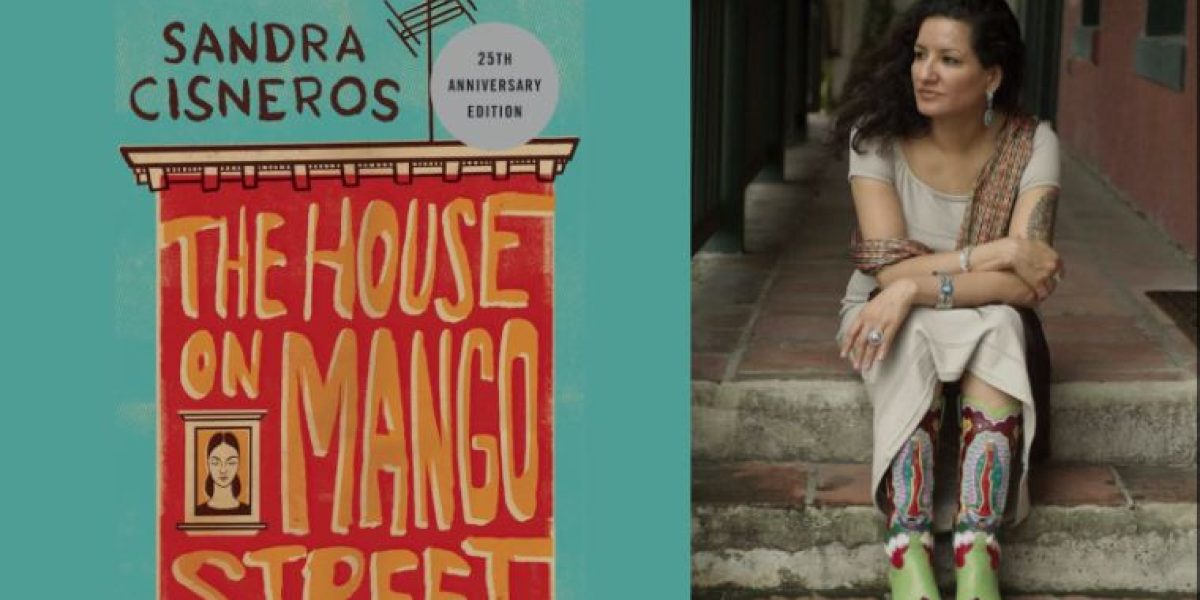Exploring Identity and Empowerment
Sandra Cisneros’ “The House on Mango Street” is a timeless coming-of-age novel that has captured the hearts of readers for generations. Published in 1984, this groundbreaking work of fiction delves into the life of a young Latina girl named Esperanza Cordero, as she navigates the challenges of growing up in a marginalized neighborhood in Chicago. Through Esperanza’s eyes, the novel explores themes of identity, family, community, and the pursuit of dreams. In this blog post, we will delve deeper into the pages of this literary gem and examine how it continues to resonate with readers today.
The Power of Identity
One of the central themes of “The House on Mango Street” is the exploration of identity. Esperanza’s journey to self-discovery is a central narrative thread throughout the book. As she matures, she grapples with her cultural heritage, her gender, and her place in society. The novel serves as a poignant reminder of the importance of understanding and embracing one’s identity.
Esperanza’s name itself holds symbolic significance. She longs for a name that reflects her true self and her aspirations, rather than one associated with her family or cultural background. This desire for self-definition is something many readers can relate to, as they too have faced the struggle of reconciling their identity with societal expectations.
The Strength of Family and Community
Esperanza’s family and neighbors on Mango Street play a vital role in shaping her world. Through her interactions with them, readers witness the complex dynamics of family and community in a low-income, predominantly Hispanic neighborhood. The novel portrays the strength and resilience of these characters as they face adversity together.
Esperanza’s relationship with her family, particularly her mother and sister, highlights the universal themes of love, support, and sacrifice. Her mother, in particular, serves as a symbol of hope and determination, working tirelessly to provide a better life for her children.
The Struggle for a Better Life
“The House on Mango Street” also delves into the universal theme of the pursuit of dreams. Esperanza dreams of leaving Mango Street and escaping the cycle of poverty and limited opportunities that have defined her community. Her desire for a better life is a testament to the human spirit’s ability to persevere in the face of adversity.
Readers are drawn into Esperanza’s world as she encounters various characters who serve as both cautionary tales and sources of inspiration. These encounters underscore the importance of resilience, ambition, and the pursuit of education as pathways to a brighter future.
The Empowerment of Women
Throughout the novel, women and their experiences take center stage. Cisneros paints a vivid picture of the challenges and triumphs of the women in Esperanza’s life, emphasizing their strength and resilience. Esperanza herself is determined to break free from societal constraints that limit the potential of women in her community.
“The House on Mango Street” resonates with readers of all backgrounds because it highlights the universal struggle for gender equality and empowerment. Esperanza’s journey serves as a reminder of the importance of education and self-determination in overcoming obstacles and achieving one’s goals.
Conclusion
Sandra Cisneros’ “The House on Mango Street” is a literary masterpiece that continues to captivate readers with its timeless themes of identity, family, community, and the pursuit of dreams. Through the eyes of the young protagonist, Esperanza, readers are invited to explore the complexities of life in a marginalized neighborhood while also celebrating the resilience and strength of its inhabitants.
As readers journey through the pages of this novel, they are reminded of the power of self-discovery and the importance of embracing one’s identity. They witness the profound impact of family and community on an individual’s life and are inspired by the universal pursuit of a better future. Moreover, “The House on Mango Street” stands as a testament to the enduring struggle for gender equality and empowerment.
In a world where these themes remain as relevant as ever, “The House on Mango Street” serves as a poignant and enduring reminder that, like Esperanza, we all have the power to shape our destinies and overcome the challenges that life presents.





